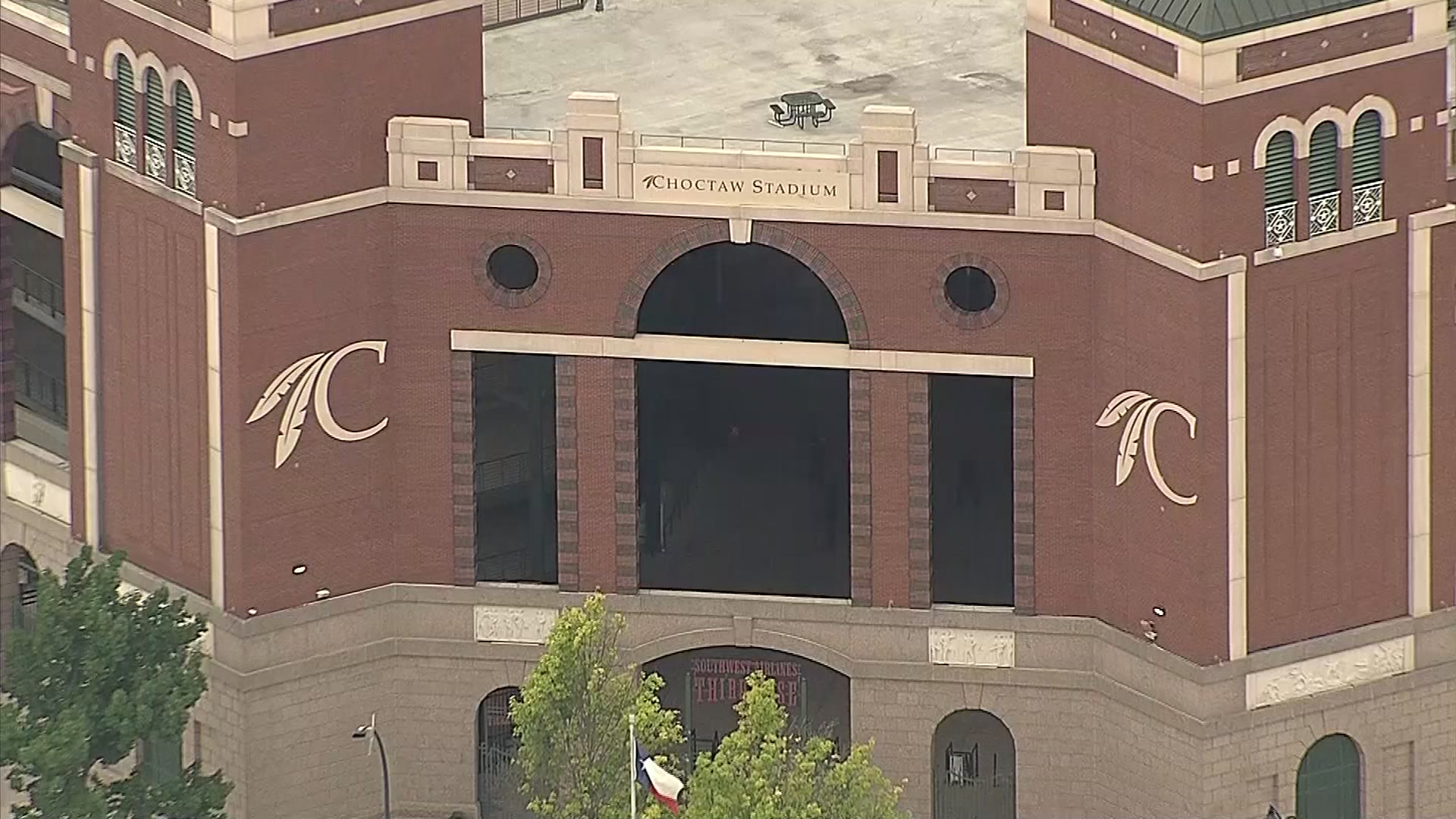The deal to sell low cost homes to tenants of landlord HMK, Ltd. a year ago came under fire Wednesday in a federal lawsuit.
Lawyers representing two former tenants said the deal was illegal. They want a Federal Judge to order changes.
“Our clients thought they had bought themselves a home and a life. But what they were sold was something very different,” said attorney Wayne Krause Yang with Legal Aid of Northwest Texas.
The charity lawyers announced the lawsuit at the West Dallas home of Julian Campos who has lived in his 680 square foot house for 15 years.
When he signed a promissory note for the property in 2017, the Dallas County Central Appraisal District listed the property value at $9,060. The promissory note price was $65,585 with monthly payments of $423 for 20 years.
With the help of an interpreter, the Spanish speaking resident said he did not understand the papers he was asked to sign last year when hundreds of HMK tenants were in fear of losing their homes.
“The problem is I don’t read or speak English so I can’t read or have the correct information,” Campos said through the interpreter. “I’m worried and I’m disappointed.”
Local
The latest news from around North Texas.
The HMK landlord’s promissory note interest rate of 4.75% increases to 18% if a monthly payment is late, said attorney Ann Maldonado Heaps from Austin with the Texas Legal Services Center.
“He can call the loan. He can ask that the full loan amount be paid back and Mr. Campos unfortunately is on a fixed income and could never afford that,” Heaps said.
HMK Ltd owner Khraish Khraish did not return messages Thursday.
In 2016 he ordered eviction for more than 300 tenants after refusing to comply with tougher City of Dallas housing rules that required rental homes be maintained to the same code requirements as rental apartment buildings.
The City of Dallas sued and negotiated with Khraish to delay the pending evictions. On May 22, 2017, Khraish announced he would sell homes to remaining tenants.
“It got harder and harder to sleep at night, thinking that 120, 130 families are going to be put on the street,” Khraish said that day.
The lawyers now claim Khraish pressured those tenants to sign papers they did not understand and failed to provide lending disclosures that are required by law.
“We want our clients to stay in their homes, we want our clients to be true homeowners. We want the contracts to reflect that they’re true homeowners,” Heaps said.
Julian Campos is also now responsible for maintaining his tiny house that was built in 1948. In the past year, with help from Catholic Charities, he has a new kitchen sink, new floors and carpet and new paint. But the house still has no central heat or air conditioning. He has only a fan for cooling in the hot summer weather.
"For many years they rented substandard homes from the defendant. They were loyal tenants who made consistent monthly payments," said attorney Stephanie Champion with Legal Aid of Northwest Texas. "Even if our clients have paid 90 percent of their loan, and made necessary repairs to the home, the lender can still force them to pay the remaining balance of the loan at a moment’s notice."
The lawyers said as many as 100 other former tenants who signed what they thought were purchase agreements could join the Federal Court case.



